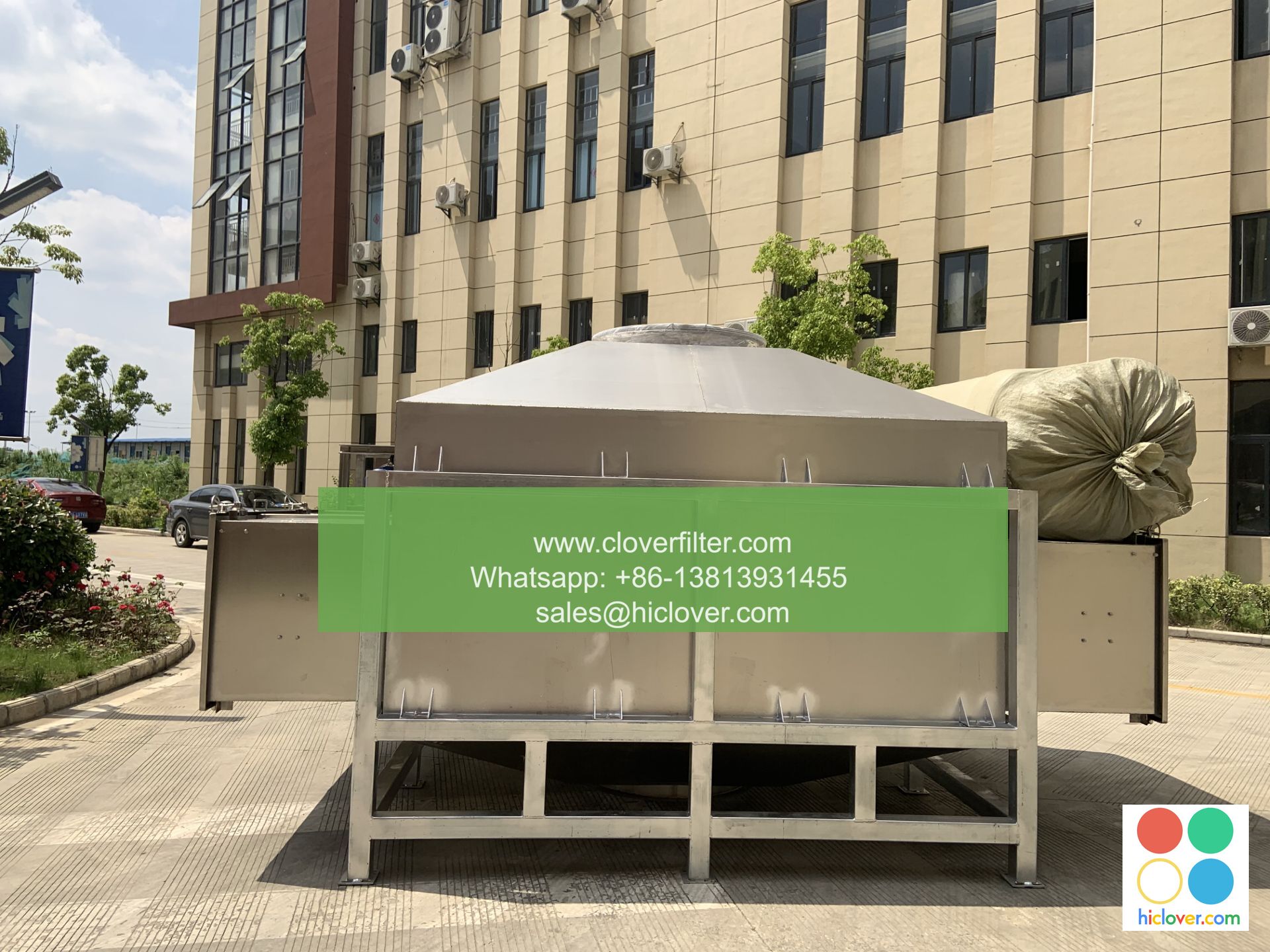Air Filter Manufacturing Process

Air Filter Manufacturing Process: A Comprehensive Insights
Air filters play a crucial role in ensuring the cleanliness and quality of air in various industrial, commercial, and residential settings. From industrial processes to medical equipment, air filters are used to remove impurities and contaminants from the air, protecting equipment and human health. In this article, we will delve into the air filter manufacturing process, highlighting the key steps involved, various applications, and the importance of air filters in different industries.
The Air Filter Manufacturing Process
The air filter manufacturing process involves the following steps:
Raw Material Selection
The first step in the air filter manufacturing process is the selection of raw materials. The most common materials used to make air filters are synthetic or natural fibers, such as polyester, nylon, glass, and activated carbon.
Weaving and Bonding
The selected raw materials are then woven or bonded together to create the filter medium. This process can be done through various methods, including pleating, electrostatic, or compression bonding.
Frame Design and Construction
The filter medium is then attached to a frame, which is designed to withstand the airflow and pressure of the filter. The frame can be made of various materials, such as metal or plastic.
Gaskets and Seals
To ensure a secure fit, gaskets and seals are added to the filter frame. This ensures that the filter remains secure and functional during operation.
Quality Control and Testing
Before the air filter is ready for use, it undergoes a series of quality control tests to ensure that it meets the required standards. These tests include airflow testing, pressure drop testing, and particle retention testing.
Application Areas
Air filters find application in various industries, including:
Industrial Processes
Industrial processes, such as manufacturing, mining, and construction, require air filters to remove dust, moisture, and other impurities from the air. This ensures that equipment and machinery function efficiently and prolongs their lifespan.
Medical Equipment
Air filters are critical in medical equipment, such as ventilators, respirators, and surgical equipment, to remove particles, bacteria, and viruses from the air. This ensures a safe and healthy environment for patients and medical professionals.
HVAC Systems
Air filters are used in heating, ventilation, and air conditioning (HVAC) systems to remove dust, pollen, and other allergens from the air, improving indoor air quality and occupant comfort.
Automotive Industry
The automotive industry uses air filters in vehicles to filter the air entering the engine, removing dust, dirt, and other debris. This ensures better engine performance and fuel efficiency.
Food and Beverage Industry
The food and beverage industry uses air filters to remove impurities from air and gas streams, ensuring a clean and safe environment for food processing and preparation.
Conclusion
In conclusion, the air filter manufacturing process involves several critical steps, from raw material selection to quality control and testing. Air filters are essential in various industries, ensuring the quality of air and the proper functioning of equipment and machinery. As the demand for air filters continues to grow, manufacturers must prioritize innovation, quality, and efficiency to meet the needs of their customers.
It seems like you’re ready to get started! What would you like to chat about? Do you have a specific topic in mind, or are you open to exploring different topics? I’m here to help and provide assistance. Let me know how I can best support you!

